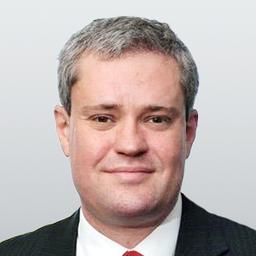Commentary
Argentina’s charismatic leader Juan Domingo Perón died almost 50 years ago, but his policies live on. He gained lasting popularity by forever jeopardizing the privileged position of Argentina among Latin American nations.


Argentina’s charismatic leader Juan Domingo Perón died almost 50 years ago, but his policies live on. He gained lasting popularity by forever jeopardizing the privileged position of Argentina among Latin American nations.